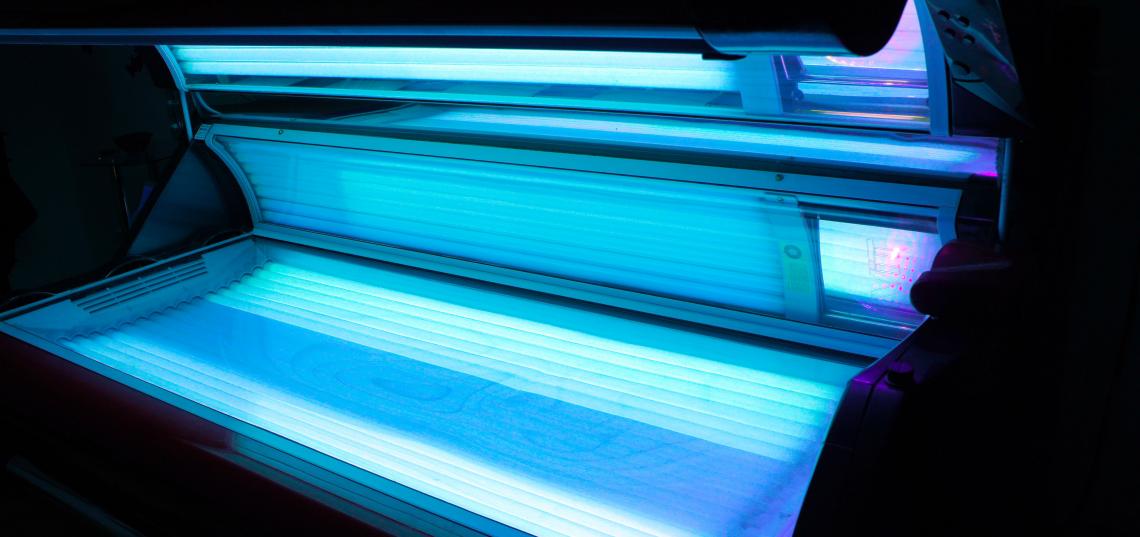
The National Institute of Health’s (NIH) National Cancer Institute recently funded the Rutgers Cancer Institute of New Jersey for the grant project “Randomized Trial of a Social Media-Delivered Intervention Targeting Indoor Tanning Users” (R01CA218068). Principal Investigator Jerod Stapleton, assistant professor of medicine at the Rutgers Cancer Institute of New Jersey and Robert Wood Johnson Medical School was awarded $482,609 for the first year of the five-year R01 project. Kathryn Greene (Co-Investigator), professor of Communication at Rutgers School of Communication & Information (SC&I), is a Co-Investigator on this project to bring expertise in health communication and media literacy. Dr. Greene described, “I’m excited to work with Dr. Stapleton and colleagues at CINJ on this project and hope to expand the expertise I’ve developed working on a youth targeted media literacy intervention grant partnering with REAL Prevention, 4-H, and D.A.R.E. America.”
With the number of U.S. adults being treated for melanoma consistently rising, an examination of the role of indoor tanning beds in this increase of skin cancer has been called into question. An estimated 1 in 10 of all new U.S. cases of melanoma and 400,000 annual cases of non-melanoma skin cancer are directly attributable to indoor tanning, with women dominating the high-risk demographic. The 2014 Surgeon General's Call to Action to Prevent Skin Cancer identified a critical research gap related to an absence of interventions that target high risk indoor tanners and address underlying motives for tanning.
The purpose of this research is to implement and test an intervention designed to encourage indoor tanning cessation among high-risk tanners. By using persuasive techniques and content to reduce perceived pressure to be tan, emphasis will be placed on promoting positive body image rather than focusing on information on the risks of tanning. The intervention content will be delivered via the social media site Facebook through the ‘private groups’ feature, allowing group-based interactions among participants, which can facilitate stronger changes in attitudes and behaviors and provide a platform to embed the intervention into individuals' normal routines.
The first proposed aim is to refine the existing intervention content from preliminary intervention studies with user-generated feedback. The second aim is to conduct a randomized controlled trial of the intervention in a sample of 400 young women engaged in high-risk tanning. The primary hypothesis is that participants who receive the intervention will report less indoor tanning at a 6-month follow-up compared to those who participate in a control Facebook group. The third aim will examine hypothesized psychosocial mediators of the intervention effects.
The intervention has strong potential for cost-effective, widespread dissemination and targets a group at high-risk for future cancer development. If effective, the intervention has the potential to significantly reduce the growing burden of melanoma and other skin cancers.
For more information on this research, please use this link: http://ow.ly/tg2M30eLobD
